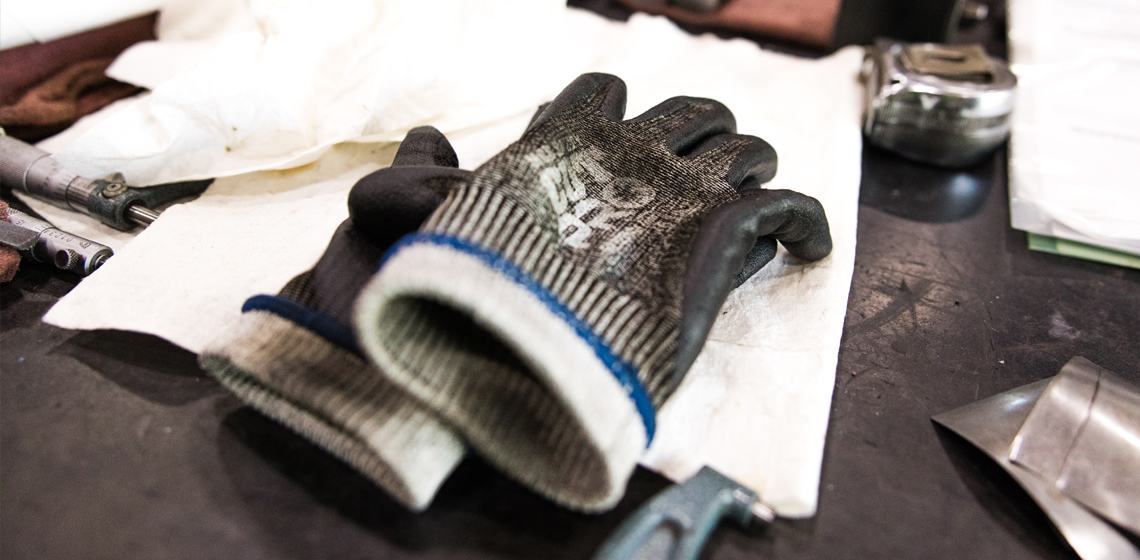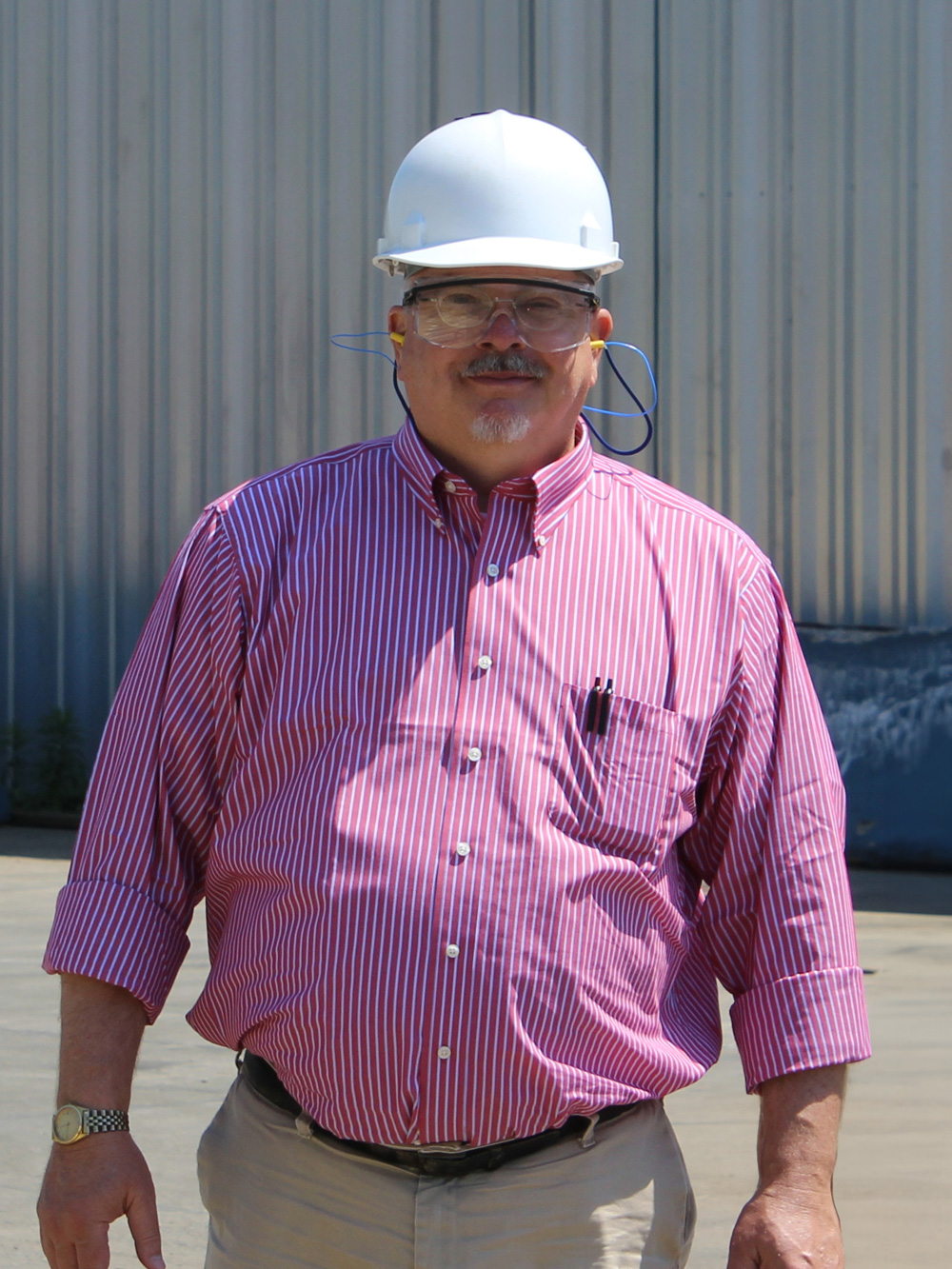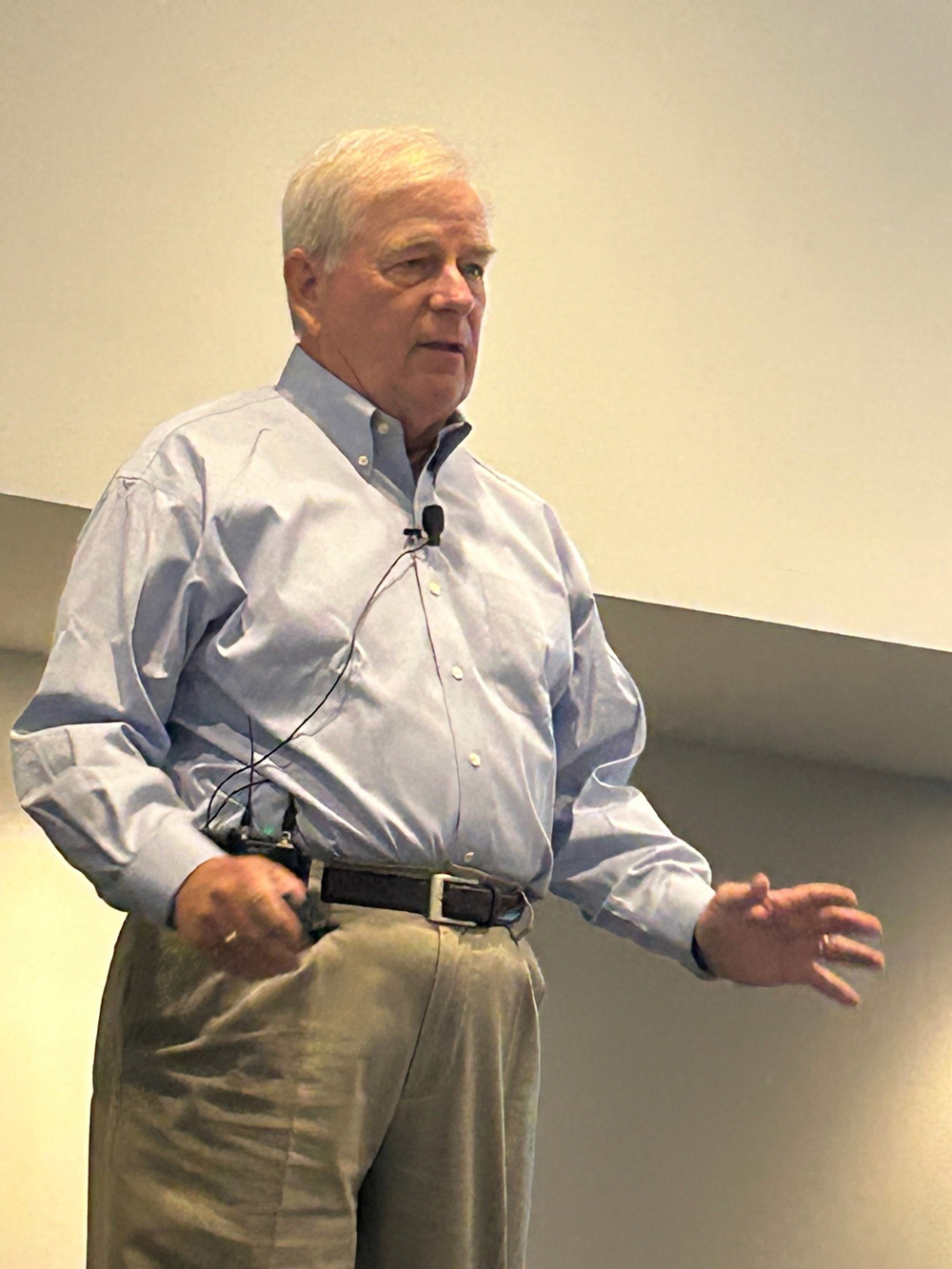
60 Years: The Consultant Perspective
December 20, 2023
You may have noticed a common theme running through the blog posts connected to Miller Fabrication Solutions’ 60th anniversary: that smart, committed, innovative people have been instrumental in our success. From our employees to our business partners, we’re fortunate to work with many skilled craftsmen and experts who help us hone our capabilities and operations. That, in turn, allows us to consistently provide global OEMs with high-quality products at competitive prices.
Each of these champions has helped mold Miller Fabrication Solutions into one of the country’s largest OEM parts manufacturers. For this final post in the 60th anniversary series, we wanted to recognize two longtime consultants who have implemented countless process improvements and lean manufacturing practices for us over the years: Jeff Sipes, who owns Back to Basics, and John Boyer, president of J. E. Boyer Company, Inc.
Jeff specializes in operational upgrades and lean manufacturing, while John works with discrete hard goods manufacturers to improve operational performance. Both have been integral to our growth. We simply would not be where we are today without them. Thanks to their guidance and vast knowledge, Miller is safe, efficient and effective. That translates to being able to keep employees healthy and customers happy.
We recently talked with Jeff and John about their experiences working with Miller. Here’s what they had to say:
Q: What do you do for Miller?

Jeff: I work with Rich Steel, director of lean manufacturing, as well as all the production departments and many of the support processes, like planning, materials, quality, onboarding, sales and others. I help them apply lean principles to achieve continuous improvement. There’s a dual focus on the shop floor and on all the factors that impact the manufacturing flow.
John: My work with Miller started with helping them figure out how to more consistently ship products to their customers on time. The relationship has evolved into many initiatives designed to help improve Miller’s operations. We’ve worked on sales and operations planning, operating budgets, inventory management and physical inventory, scheduling, capacity planning and on the selection/implementation of a modern, fully integrated, functionally complete enterprise resource planning (ERP) system. One of the biggest things I’ve helped them do is to formally include more people in understanding the economics of the business and how their decisions impact the company’s performance.
Q: How long have you worked with Miller?
Jeff: We’re in our 11th year.
John: We started working together in 2011.
Q: How would you characterize Miller’s commitment to lean?
Jeff: Well, even though it started with a suggestion, a little push, from a customer, Miller very quickly embraced the ideas behind lean manufacturing. They recognized the potential and looked at lean principles systemically very early on. It was, and continues to be, part of their organizational identity and focus. Miller is committed to lean thinking, and I see evidence of that in virtually everything the company does.
Q: How does company leadership approach the business from a strategic perspective?

John: In our work together, almost everything we do involves four things the company values:
- Being safe
- Doing perfect work
- Shipping on time
- Reducing costs
So, we always talk about safety, quality, schedule and cost, because we know if we do all those things right, the company will be viable, serve customers well and compete in our markets. In the bigger picture, I work with the company to help them be the:
- Preferred customer supplier;
- Capital magnet in financial markets;
- Sought-after place of employment; and
- Business of choice in the community.
Q: What’s one of the biggest changes you’ve seen at Miller over the years?
Jeff: Miller has adopted the idea that if we focus on rhythm and flow, we can enhance production cycles and improve warehouse efficiency by reducing unnecessary waste – the whole idea behind lean manufacturing. That concept drives a lot of Miller’s decisions. A case in point is all the intentional ways they are managing and maintaining efficient flow-through and production rhythm in their new Pine Creek facility. Miller makes significant operational investments in lean because they understand how important it is.
John: I’ve seen Miller become more data driven. More decisions are made based on facts and information. Three specific things that come to mind are sales and operations planning, the budgeting process and the use of ERP. We upgraded the company’s whole information system a couple of years ago and the company now uses ERP in a more functionally complete way.
We’ve done a lot of work with the annual operating budget, monthly updates and monthly budget reviews, which has resulted in a better understanding of the company’s expenditures and cash flow. Now everyone who spends money at the company knows exactly what their budgets are and how much they’ve spent. So, plant managers, for example, can manage labor and supply costs more effectively.
Q: Why do you think Miller has been successful for 60 years?
Jeff: The company has a rich history. Part of their success has been their close-knit family. In a family-run business, they have had the kind cooperation that has allowed them to work through challenges and reach clear decisions together. I think as Miller has embraced the notion that “we need to get better and we’re going to get better,” it has had a significant positive impact on the financial viability of the business.
They’re using lean and thinking at a higher level when it comes to how they manage all their systems. Rich keeps the organization ultimately focused and accountable, and [company President Eric Miller] makes lean a priority. They’re committed to system-wide improvements, and it has led to significant changes.
They also do what a company has to do if they want to stay in business for 60 years: They come through for customers.
John: They’re smart people. They work hard and they take care of their customers and their employees. If you do all those things, you’re going to be successful.
Q: What does Miller mean to you?
Jeff: They are a significant, consistent client for me, which is a big deal when you’re a small business owner. They’ve been fair with me, and it’s a very respectful relationship. I’m blessed to have them as a client.
John: We have fun working together, and I feel like I’ve made a difference in their business. That’s rewarding. When you feel like you’re making a positive difference, and you’re having fun doing it, then it’s the right place to be. So, I told Eric as long as I have the energy and stay healthy, I’m here to help.